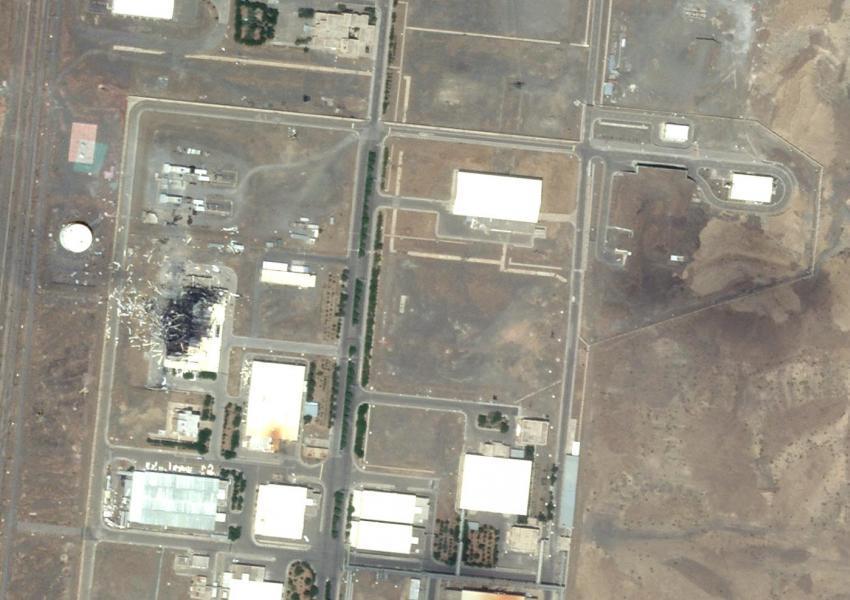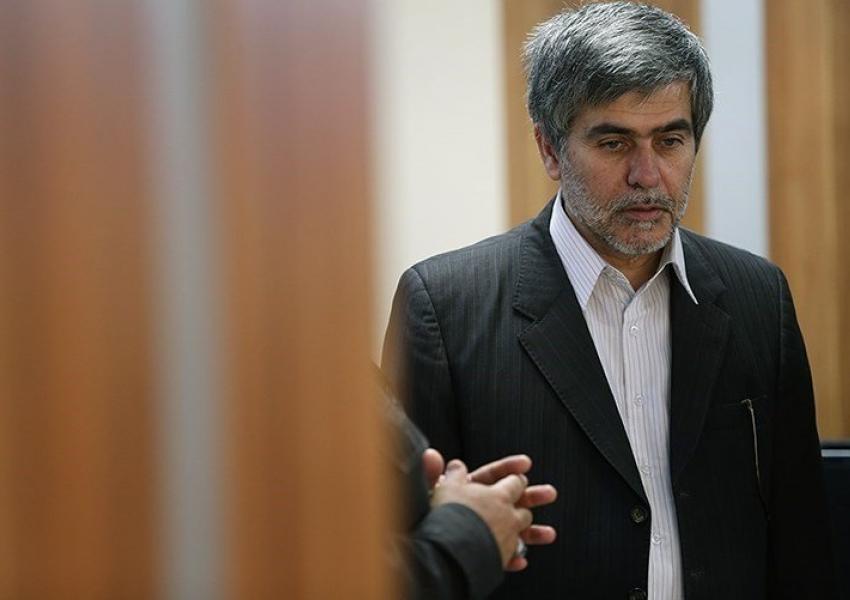
Iran's Sensitive Nuclear Site Was Target Of five Explosions In Over A Decade: Top Official
Fereydoun Abbasi, former head of the Atomic Energy Organization of Iran (AEOI) has said there have been five large explosions at the Natanz uranium enrichment plant in the past 15 years.
In a video interview(link is external) with Fars news agency Saturday, Abbasi said that smaller explosions and incidents had also taken place, with attacks often coinciding with significant “ideological” dates in the Islamic Republic’s calendar.
Abbasi said that in 2011 – he was AEOI head from 2011 to 2013 – small explosives, the size of lentils, were placed in the air-pressure gauges of centrifuges, the machines used to enrich uranium. Abbasi also repeated Iranian claims that “some inspectors” in the International Atomic Energy Agency (IAEA) might have played a role in the sabotage, presumably by passing on information. He said he does not want to accuse all inspectors, because the IAEA will be annoyed.
Natanz has had two explosions since July 2020, when Abbasi said a large table in a centrifuge assembly hall exploded, apparently setting back a plan to use the centrifuges.

On April 11, amid nuclear talks between Iran and world powers in Vienna, another large explosion took place in the power grid of the Natanz underground facility. This time, Abbasi said, in a “well planned operation” explosives were placed “within cables” from power batteries to centrifuges. Ali Akbar Salehi, the current head of AEOI said after the incident that a whole section of centrifuges had been destroyed.
The former atomic chief and the current chairman of parliament’s energy commission, who survived an attempted assassination in 2010, said that security forces “gradually gain experience” and learn lessons from every attack. He argued that daily routine eroded attention to security issues.
Abbasi called for more vigilance at sensitive nuclear sites, saying that even members of parliament or international inspectors should not be allowed in certain facilities. Security screening of staff should also be more rigorous.
It is generally believed that Israel has been behind the attacks on Iran’s nuclear installations and killings of nuclear scientists. This has embarrassed the Revolutionary Guards, who are responsible for security.
Former president Mahmoud Ahmadinejad is among those highlighting the issue. He told supporters in a gathering on April 18 that security chiefs should be prosecuted for negligence over the April 11 sabotage at Natanz. “The nation gives you 400-500 trillion rials (around $2 billion) a year to watch these [facilities],” he said, claiming there had been billions of dollars in damage.





